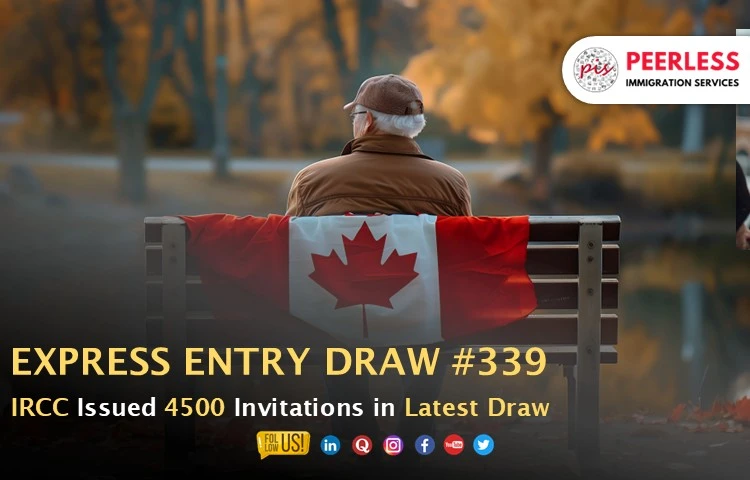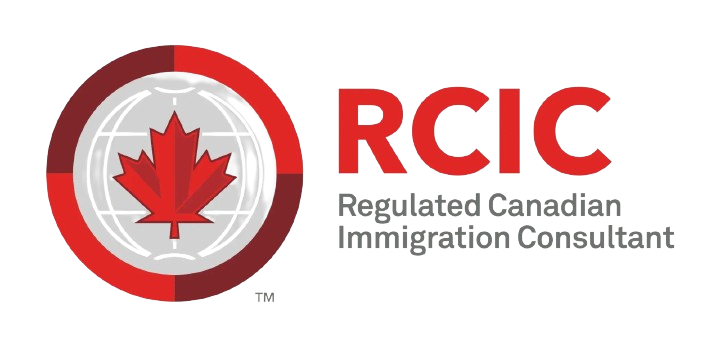
Canada's Recent Changes to Tourist Visa Policy
Canada has recently made significant changes to its tourist visa policy, shifting from the previously standard 10-year multiple-entry visas. This new direction was announced by Immigration, Refugees and Citizenship Canada (IRCC), prompting questions and concerns among would-be travellers.
Many applicants have expressed confusion and disappointment as they navigate this revamped system. The increase in visa rejections has left some feeling discouraged about their chances of visiting the country. If you’re also planning to apply for a Canada visit visa, it’s essential to understand these changes thoroughly.
Let’s check the latest requirements and eligibility criteria, as they may differ significantly from previous policies. Additionally, let’s understand the reasons behind these measures imposed by the Canadian government.
The New Visa Policy: Key Changes
Previously, applicants for a Canada visit visa were usually issued multiple-entry visas that could last up to 10 years or until one month prior to their passport's expiration. This allowed travellers to come and go from Canada as they wished without needing to submit a new application each time.
However, with the recent policy changes, immigration officers now have the flexibility to grant either single-entry or multiple-entry visas based on the individual needs of applicants. The duration of these visas is no longer uniform; instead, it varies depending on each specific situation.
The application fee remains set at CAD 100, whether you are applying for a single or multiple-entry visa, and renewing your visa once it expires will incur additional costs.
Why the Policy Has Changed ?
Canada's recent move to tighten its tourist visa regulations is a key component of a larger strategy focused on regulating temporary immigration levels while tackling several pressing issues.
- Housing Shortages: The influx of immigrants has led to a surge in housing demand, which has outstripped supply, resulting in increased rental and property prices.
- Rising Cost of Living: Growing public concern regarding affordability has led the government to emphasize economic stability as a priority.
- Temporary Population Management: With over one million temporary residents anticipated to depart Canada as their visas come to an end, the new visa policies are designed to facilitate this transition and minimize instances of overstaying.
Additionally, the Trudeau administration has introduced further restrictive measures, including reducing targets for permanent residency and limiting international student permits, all aimed at easing the strain on infrastructure and public services.
Common Reasons for Visa Rejections
When applying for a Canada tourist visa, it's essential to understand the key factors that can lead to visa denials under the updated regulations.
- Insufficient Evidence of Home Country Ties: It is vital to show strong connections to your home country, such as family relationships, job commitments, or ownership of property.
- Incomplete Documentation: Submitting documents that are missing or not well-organized can greatly diminish your chances of receiving approval.
- Financial Insufficiency: You must provide proof that you have enough financial resources to support yourself during your stay in Canada; otherwise, it may raise red flags regarding your ability to manage expenses.
- Travel History: A limited or inconsistent travel record could lead to skepticism about your intentions for visiting Canada.
- Overstay Concerns: If an applicant's profile indicates a significant risk of overstaying their visa, it may result in a denial.
Being mindful of these common pitfalls can enhance your chances of obtaining a tourist visa for Canada.
How to Improve Your Chances of Approval ?
To increase your likelihood of obtaining a Canadian visitor visa under the revised policy:
- Strong Documentation: Ensure that all forms and supporting documents are accurate, complete, and up-to-date.
- Establish Ties to Your Home Country: Provide proof of employment, property ownership, or family commitments that necessitate your return.
- Demonstrate Financial Stability: Include bank statements, income proofs, and travel expense estimates to show you can support your visit.
- Clear Travel Purpose: Clearly outline the reason for your trip, whether it’s tourism, family visits, or business, and provide relevant supporting documents.
- Maintain a Clean Immigration Record: Avoid overstays or violations in any country, as these can negatively impact your application.
Canada has revised its visa regulations as part of a larger initiative to harmonize immigration with societal and economic priorities. Although these new rules could create hurdles for regular travelers, staying well-informed and ready can enhance your likelihood of securing approval.
If you've experienced rejections with recent applications, it's important to understand that meticulous preparation and comprehensive documentation are essential for successfully meeting these updated criteria. By remaining determined and focusing on the specifics, you can still turn your aspirations of visiting Canada into a reality.















